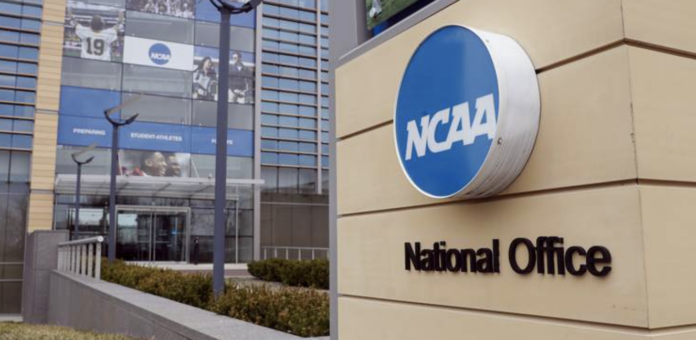It is not surprising that college students are involved in gambling, as sports betting is now commonplace, especially on college campuses. College athletes are no exception. The National Collegiate Athletic Association has recently re-evaluated its policy towards students who violate gambling rules. The NCAA announced this week new punishments for students who gamble on sports.
David Purdum reports that the NCAA announced on Tuesday that the Division I Legislative Committee ratified guidelines to reinstate student-athletes in violation of sports betting rules. Student-athletes are prohibited from betting on any NCAA sport. In the past, this has led to a loss in eligibility.
The new rules include more levels of violation and penalties that are appropriate for each level:
Students who are found to be involved in activities that influence the outcome or provide information to those involved in betting, could lose their eligibility to attend college. This guideline is for student-athletes that bet on games they are involved in or other sports played at their school.
Students who wager on their own sport without involving their schools could lose 50% of a season.
The cumulative dollar value will be considered when determining punishment for all other betting-related offenses. For example, if you bet between $201 and $500, your season eligibility could be reduced by 10%, as well as rules and prevention education. If you bet more than $800, then you could lose 30% of your season’s eligibility plus rules and education.
In the last five years, 38 states, Puerto Rico and the District of Columbia passed sports betting laws. A booming industry has grown, making it possible for anyone, including college students, to bet on sporting events. Bettors can now bet not only on games but also on individual plays or even on aspects of an event that aren’t directly related to the game.
PJ Media has reported on the University of Alabama Baseball gambling scandal. Due to the bets that were linked to Brad Bohannon, the school fired him as head coach. Two baseball staffers were fired by the University of Cincinnati after other suspicious bets made by the same bettor.
These scandals did not involve student-athletes. However, schools are now dealing with athletes who have been involved in sports betting. ESPN reported that in May, over 40 student-athletes from the University of Iowa or Iowa State had violated rules governing sports betting.
The recent changes to college sports — Name, Image, And Likeness (NIL), and the Transfer Portal — have changed the face of athletics across the country. Universities and organizations such as the NCAA must address the proliferation of sports gambling at the college-level.


